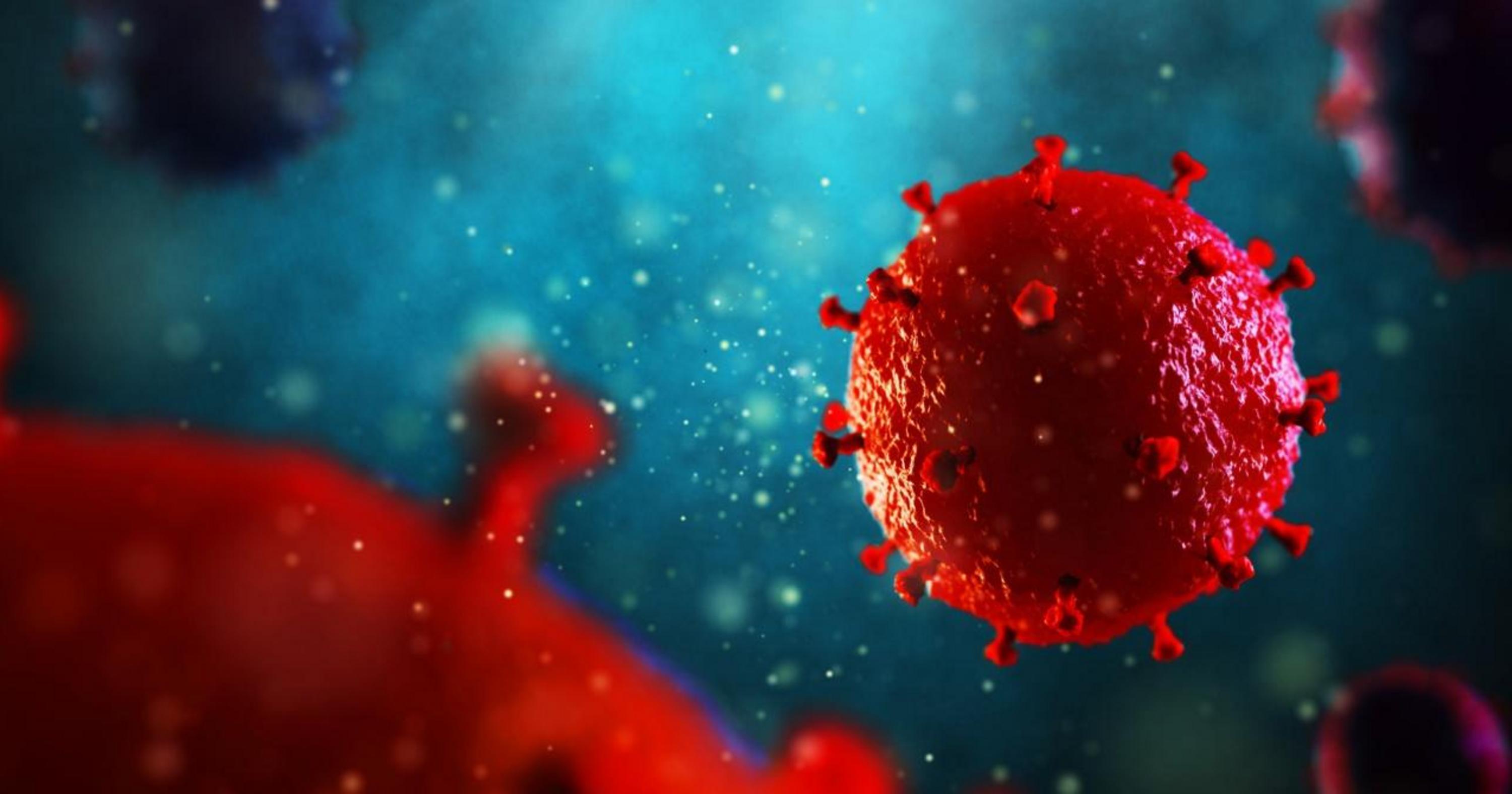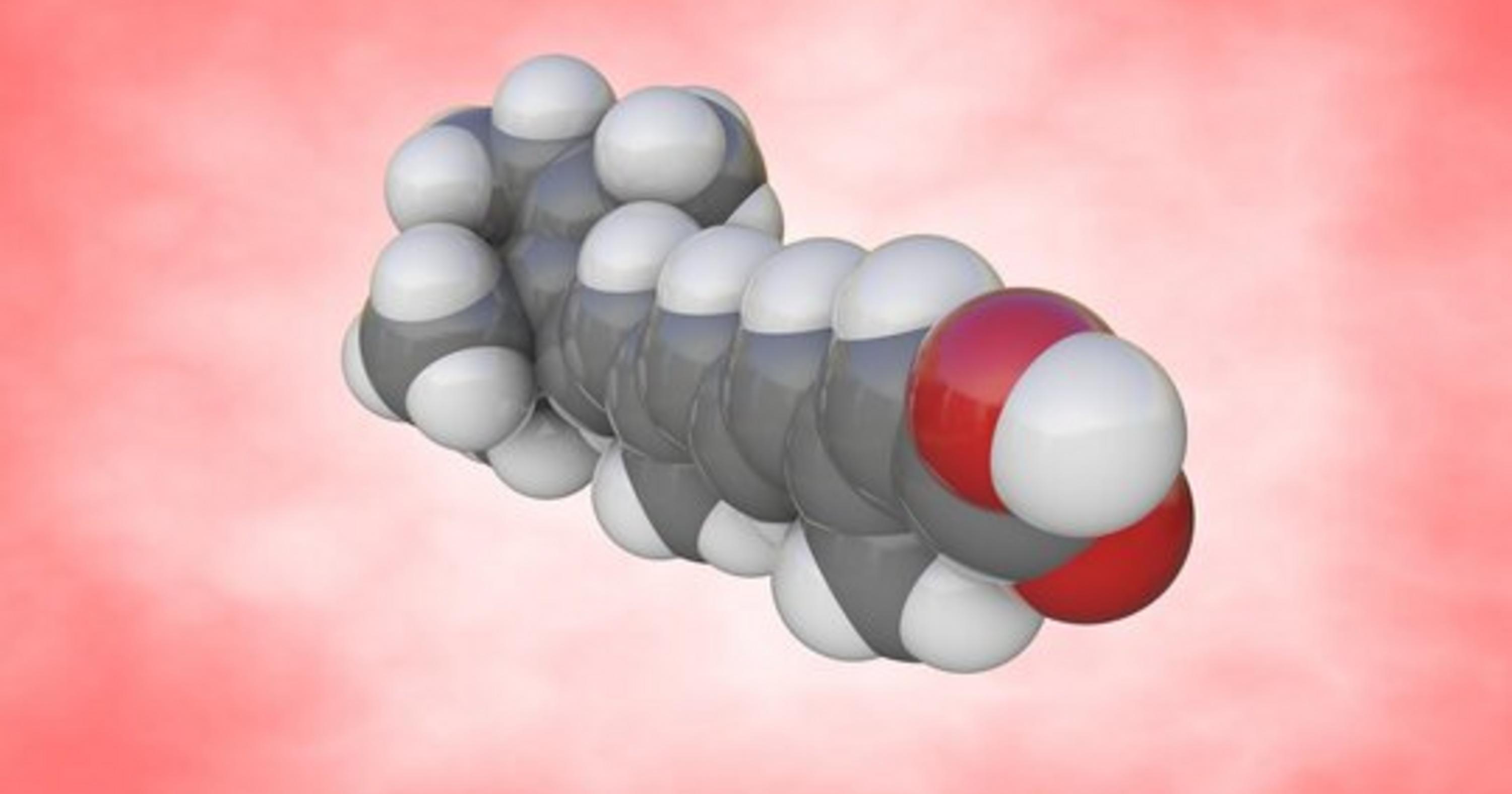All News
FDA Approves Immunotherapy for a Cancer that Affects Infants and Children
Biopharmaceutical Development ProgramPosted 3/23/2015The U.S. Food and Drug Administration (FDA) has approved dinutuximab (ch14.18) as an immunotherapy for neuroblastoma, a rare type of childhood cancer that offers poor prognosis for about half of the children who are affected.
The National Cancer Institute’s (NCI) Biopharmaceutical Development Program (BDP) at the Frederick National Laboratory for Cancer Research produced…
Natural Product Shows Effectiveness in Combating Colorectal Cancer
Posted 2/9/2015An herbal extract used for centuries to prevent heart disease has now been shown to be effective against colorectal cancer when tested in laboratory cell cultures.
From left to right: Weidong Li, principal investigator, China Academy of Chinese Medical Sciences in Beijing; Nancy Colburn, Ph.D., scientist emeritus, Basic Research Laboratory, NCI Center for Cancer Research (…
Experimental Lung Cancer Drug Shows Early Promise
Posted 12/23/2014A first-of-its-kind drug is showing early promise in attacking certain lung cancers that are hard to treat because they build up resistance to conventional chemotherapy.
The drug, CO-1686, performed well in a preclinical study involving xenograft and transgenic mice, as reported in the journal Cancer Discovery. It is now being evaluated for safety and efficacy in Phase I…
Representative John Delaney Visited the FNLCR on October 21, 2014
Posted 10/20/2014U.S. Rep. John Delaney (D-Md.) got an overview of the NCI at Frederick, heard about the latest advances in the genetics of breast cancer, and toured the Small Animal Imaging Facility during an Oct. 21 visit to the NCI Campus at Frederick.
Delaney was especially interested in the breast cancer presentation by Shyam Sharan, Ph.D., Deputy Program Director, Mouse Cancer…
New Genetic Markers Point to Increased Risk of Prostate Cancer
Posted 10/8/2014Scientists from the Cancer Genomics Research Laboratory and colleagues have pinpointed 23 new genetic markers associated with increased risk of prostate cancer, the second leading cause of cancer death in American men.
Knowing who is at high risk for the disease can help doctors identify individuals who are more likely to require aggressive screening and follow-up.
The…
Experimental Vaccine for Mosquito-Borne Chikungunya Virus Rates Well in Clinical Study
Posted 9/11/2014An experimental vaccine for mosquito-borne chikungunya virus, which spread to the U.S. this year, appears to be safe and well-tolerated while offering protection against the virus, according to the results of a first-in-human clinical trial.
The vaccine—made from non-infectious virus-like particles (VLPs)—was manufactured at the Pilot Plant (formerly known as the Vaccine…
Biomarkers in the Bloodstream May Foretell Risk of Lung Cancer
Posted 9/11/2014Scientists have identified 11 inflammation markers in the bloodstream that are associated with an increased risk of lung cancer.
Previous studies of inflammation markers have been on a smaller scale or involved fewer markers. The current study, published in the Journal of the National Cancer Institute, examined 68 markers associated with various aspects of immunity and…
Rare Variant in POT1 Identified in Familial Melanoma Cases
Posted 9/3/2014Researchers, including staff of the Cancer Genomics Research Laboratory (CGR), Leidos Biomedical Research, have recently discovered POT1 as a major susceptibility gene for familial melanoma.
According to the study, which was published in Nature Genetics, approximately 10 percent of cutaneous malignant melanoma cases occur in families. CDKN2A is the most frequent high-risk…
New Mouse Model Aids Development of Ovarian Cancer Therapies
Posted 8/7/2014
A new genetically engineered mouse model appears promising as an effective tool for preclinical testing of novel therapies for ovarian cancer, which tends to be diagnosed in late stage. There are few effective treatments for the disease.
Part of the challenge in developing new therapies for ovarian cancer is the lack of an accurate animal model to aid in preclinical…
New Animal Model Could Boost Research on AIDS Drugs and Vaccines
AIDS and Cancer Virus ProgramPosted 6/29/2014
In a research milestone reported in the June 20 issue of the journal Science, scientists have developed a minimally modified version of HIV-1, the virus that causes AIDS in infected humans, that is capable of causing progressive infection and AIDS in monkeys. The advance should help create more authentic animal models of the disease and provide a potentially invaluable…














